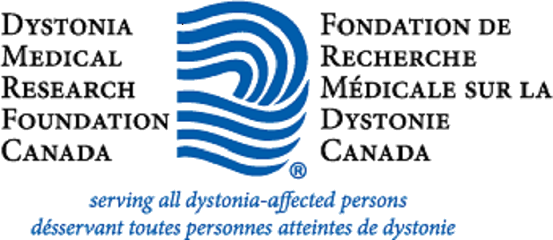Recent years have seen a dramatic increase in the marketing, availability, and consumption of cannabis (marijuana) products in Canada and the United States. There is renewed interest within segments of the research community to explore its use to treat numerous diseases and conditions. While cannabis products are increasingly easy to obtain, it can be challenging for patients and physicians alike to find credible information about its role in medicine. 650+ people responded to a DMRF survey into perceptions and questions about the use of medical cannabis for dystonia. Below are highlights from the results.
Have you used cannabis to manage your dystonia or dystonia-related symptoms?
48% - Yes
52% - No
Top Reason for Not Using Medical Cannabis
46% - Would like to know more about it before trying it
Are you currently using cannabis to help manage your symptoms?
74% - Yes
26% - No
For what symptoms do you use cannabis?
85% - Spasms, tremors, movements
80% - Pain
65% - Sleep
60% - Anxiety
18% - Appetite
12% - Other: Seizures, mood, nausea
Most Popular Types of Cannabis Used
63% - Smoke or vape
55% - Ingest oils
44% - Topical creams or lotions
30% - Gummies or candies
Is your doctor aware that you are using cannabis?
70% - Yes
30% - No
Did you speak with your doctor about using cannabis prior to using it?
62% - Yes
38% - No
Dystonia & Medical Cannabis Webinar
For a thorough and thoughtful examination of the role of medical cannabis in treating dystonia, do not miss this presentation with movement disorder specialist Danny Bega, MD.
Note:
A reminder that all patients must speak with their movement disorder specialist prior to engaging in any course of treatment for dystonia. For more details on medical marijuana visit the Government of Canada's website page on the Medical Use of Cannabis.
Health Canada and other health authorities are investigating a multistate outbreak of lung injury associated with the use of vaping products, also called e-cigarettes. Information is available at the Government of Canada's website page on Vaping.
The Dystonia Medical Research Foundation is a 501(c)(3) non-profit organization dedicated to advancing research for improved dystonia treatments and ultimately a cure, promoting awareness, and supporting the well-being of affected individuals and families.
Thank you to DMRF USA for allowing us to share this article.
